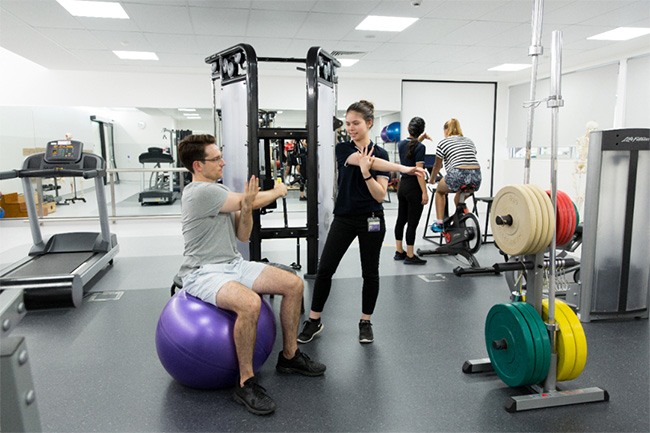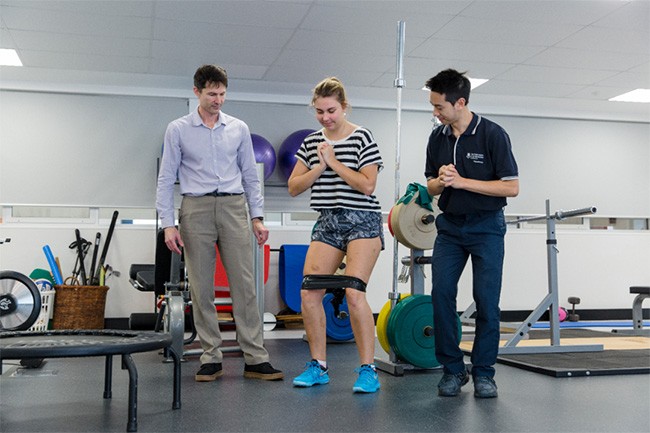The Australian healthcare system needs well qualified and work-ready graduates to help meet demands in the healthcare system. Clinical placements provide a key opportunity to translate theory into practice, build professional networks and discover the breadth of workplaces where students may work after graduation. Most work placement programs have focused on experience in the public sector. However, increasing numbers of graduates, particularly amongst allied health professions, deliver care in private practices. It is important for students to be exposed to experience in large and small private practices, but there is a shortage of willing hosts. Dr Jonas Fooken and Professor Stephen Birch from CBEH collaborated with UQ colleagues from the School of Health and Rehabilitation Sciences to complete new research reviewing the impact of physiotherapy student placements on patient and economic outcomes for private practices.
“Universities can experience challenges in recruiting private practices to participate in student placement programs. Private practices want to know how students will impact their service, patient satisfaction and remain profitable. Before our study, there was limited ability to address these concerns besides anecdotal evidence. The CBEH team was pleased to provide our expertise in this research to assess the impact of student placements on physiotherapy practices, which can be used to partner with private practices to understand the effect of students on their business and improve the design of future placement programs” says Dr Jonas Fooken.

The research involved analysis of practice management data on staff hours, billable consultations and total practice income from 12 private practices hosting physiotherapy students across South East Queensland. The research found a small increase in occasions of service and income when hosting physiotherapy student placements, compared with non-student periods, but the difference was not statistically significant. However, the practice income did increase significantly in later weeks of the placement, after the initial orientation during which students require greater supervision. The research also found that in practices where a student-led care model was used (as opposed to physiotherapist-led care), the occasions of service and income increased further. This directly addresses and alleviates concerns of private practices that student placements may lower their income.
In addition to assessing the financial impact of hosting students, a patient survey was completed amongst three private practices hosting physiotherapy students to review patient satisfaction. Patients were asked to rate whether their condition had improved, stayed the same or declined since their initial appointment, with results compared for patients who did and did not have students involved in their care. The results found that student involvement did not change patient perception of outcomes compared to usual physiotherapist delivered care that had no student involvement. Patient satisfaction and reputation is crucial for business owners, so this finding is also important.

This work adds to previous evidence that hosting students can increase job satisfaction for staff, provide professional development opportunities and opportunities to assess students for future employment, without impacting negatively on patient care, clinician time or practice income. This research can be used to encourage greater participation in the hosting of student placements by private physiotherapy practices for mutual benefit.



